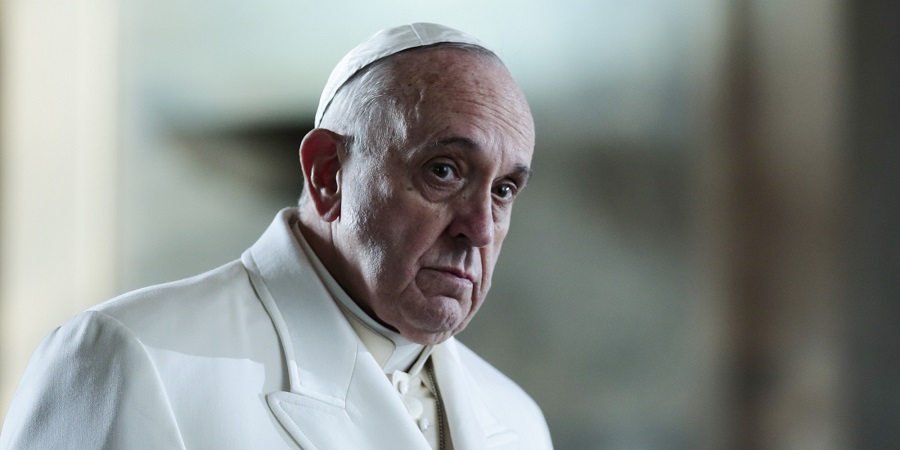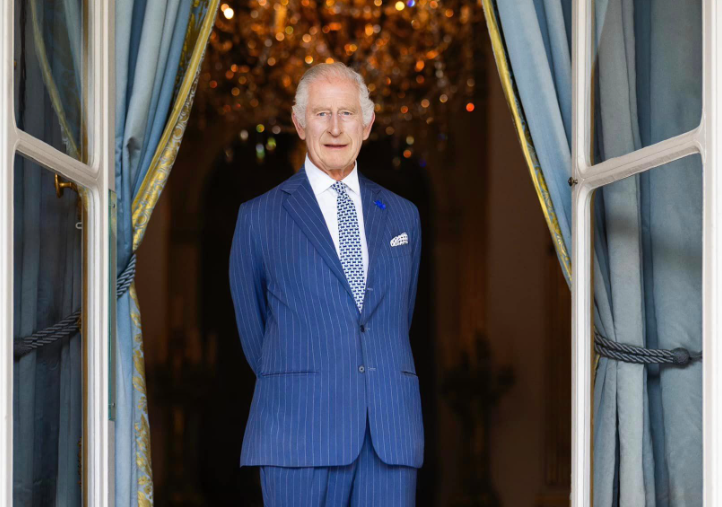[ad_1]
BRUSSELS (Reuters) – Divisions between Britain and the EU over mapping out their divorce will be laid bare in Brussels next week when the two sides meet for another round of talks whose timetable already looks tight.
Expectations of a breakthrough are minimal. London wants to focus on what happens after Brexit but the bloc says more ground must first be covered on settling the terms of departure, including the bill, leaving dozens of officials to pick their way through a diplomatic minefield from Monday to Thursday.
The 27 remaining EU states are also insisting on making headway on expatriate rights and the future status of the Irish border before declaring the “sufficient progress” that would allow them to broach talks about Britain’s future relationship with the EU.
Time is limited for negotiations, which started in June and should conclude before the expected Brexit date of March 2019. Otherwise Britain risks leaving the EU unclear on what happens next.
“There are no major expectations as regards next week’s round. The documents published by Britain (this week) refer more to the future relationship than the things to settle in the first place,” an EU diplomat said.
“Many matters, including the financial aspect most importantly, remain unclear from the British side… which makes any ‘significant progress’ less likely in (subsequent negotiations in) October.”
Talks have been slowed by an ill-judged snap election called by Prime Minister Theresa May that weakened her governing Conservative Party and exposed rifts among her ministers over what sort of Brexit they would seek.
Position papers released this week have made clear London will look to closely replicate many of its existing arrangements as an EU state after it leaves.
But the EU wants much more detail on the three priority areas before moving on to anything else.
“We won’t be talking about the future during this round,” an EU official said. “We need detail, the withdrawal deal …has to be a legal text.”
One key point of contention is London’s desire, reaffirmed this week, to break free from the jurisdiction of the EU’s top court, the European Court of Justice (ECJ).
For the EU, ensuring the ECJ can police the withdrawal and continue to have the final say in disputes involving EU citizens residing in Britain – and Britons living in the EU – is essential.
The bloc gave short shrift to what May called an initial “generous offer” on citizens’ rights, saying more detailed legal assurances were necessary.
While there is some common ground, sources on both sides say more technical work is needed. For a graphic, please see: tmsnrt.rs/2tws2uK
TIME IS MONEY
But the issue of money is seen by both sides as the hardest nut to crack for now. The EU has floated a divorce bill of around 60 billion euros ($71 billion), which London has dismissed as far too high.
“We should pay not a penny more, not a penny less of what we think our legal obligations amount to,” Britain’s foreign minister Boris Johnson said on Friday.
The bloc hopes to agree a formula with Britain for calculating the figure and sees that too as a precondition to moving to any talks about post-Brexit arrangements.
Without that, the EU has said the talks risk stalling and its chief Brexit negotiator Michel Barnier has already warned time is running out.
But British negotiators have said they will go “line by line” through the EU’s financial expectations and reiterate next week they see the EU’s sum as excessive.
“I would not want to get hopes up that we will see a breakthrough on this issue next week,” said a senior EU official involved in the talks.
“If you look at where we are and where we need to be, the gap is big. I say that in the next round it is unlikely we will make major progress in closing that gap.”
Some pieces of the puzzle should however start falling into place in more talks next month, sources said. This could include a political agreement on the future border between Britain and EU state Ireland.
Technical arrangements around the border would only come in the second phase of talks, as they would largely depend on the nature of future bilateral relationship, including customs arrangements.
A senior EU official warned Britain not to use the North Irish peace process as a bargaining chip, adding that the British government papers showed a lot of “magical thinking” about how the border could function in future.
While opening “phase two” talks had initially been expected in October, Barnier has already signalled this is now less likely to happen. London has said it was still confident the EU would move towards discussing future relations by October. ($1 = 0.8470 euros)
Additional reporting by Philip Blenkinsop, Julia Fioretti, Robert-Jan Bartunek, Writing by Gabriela Baczynska, Editing by John Stonestreet
[ad_2]
Source link







Leave a Reply